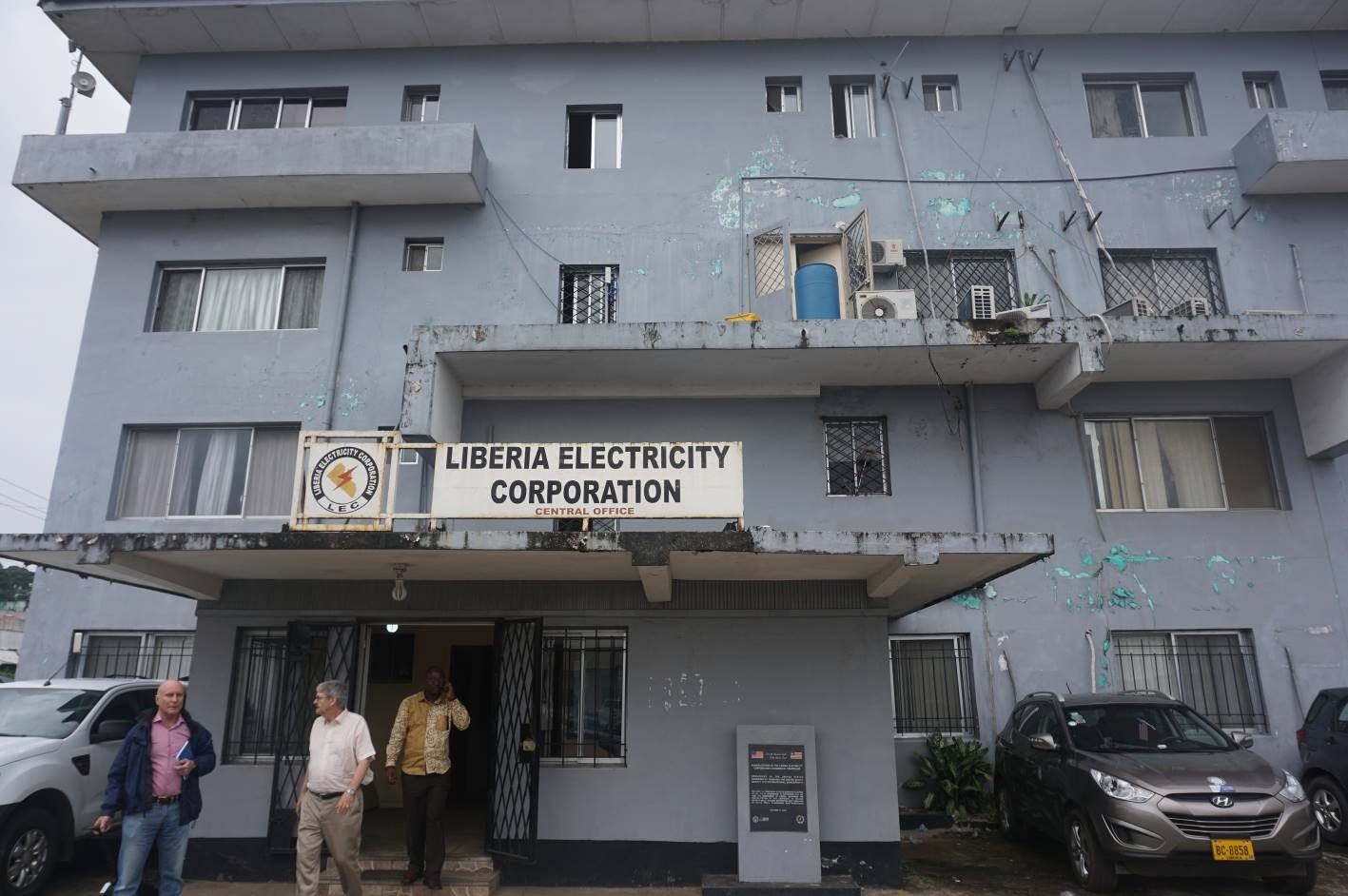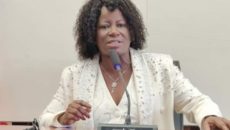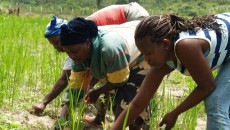The Liberian government aims to lure investors into the country, but there are many hurdles that may dissuade potential investors from starting businesses in the country. One of those is the challenge of getting electricity for a business.
According to the World Bank’s Doing Business report for 2017, Liberia ranks 177th out of 190 countries in terms of getting electricity for a business.
Doing Business came to this conclusion after measuring a variety of variables and using a hypothetical scenario that functioned as a constant between all the countries it ranked: it calculated the ease of “getting electricity†to a two-story, above ground warehouse with a surface area of about 1,300 square meters.
Additionally, it is assumed that this hypothetical warehouse, located in Monrovia and owned by an entrepreneur, functions for eight hours a day, for 30 days a month.
There are five different measurements the World Bank analyzed to quantify how difficult it is for companies in Liberia to obtain a permanent electric connection. The first one measures the number of procedures required to secure the connection.
Doing Business defines a procedure as “any interaction of the company’s employees or its main electrician or electrical engineer (that is, the one who may have done the internal wiring) with external parties, such as the electricity distribution utility, electricity supply utilities, government agencies, electrical contractors and electrical firms.â€
In Liberia, Doing Business found that there are four steps, which actually ranks well compared to most countries, including those in Sub-Saharan Africa, where the average is 5.3 steps. The steps are: submit an application to Liberia Electricity Corporation and await estimate, receive an external inspection by LEC, obtain external works from LEC, and obtain internal wiring inspection, meter installation and final connection from LEC.
However, the World Bank may not be taking into account some unforeseen obstacles. Only 10 percent of urban populations in Liberia have access to electricity. In rural communities, that number is less than two. Even if a business is in Monrovia, it may not have access to the electricity grid yet. LEC’s unwillingness to cooperate with investigations has also made the true measure of Liberia’s electric capabilities hard to measure.
As reported by The Bush Chicken’s Zeze Ballah in November 2016, LEC denied a Freedom of Information Act request that would have been used to determine the quality of its service.
However, LEC is not always a villain. According to the report, “better procurement practices†by LEC have made electricity more accessible compared to previous years. Liberia has moved up one place in the rankings since last year’s report.
“Getting electricity†is one of two categories in which Liberia has improved since last year’s report. The other is “protecting minority investors.†Starting a business, getting credit and paying taxes have all dropped at least three spots.
The second measure the World Bank uses is the number of days needed to complete each of the steps required to secure a permanent electric connection. This is the category that most contributes to Liberia’s dismal ranking.
According to Doing Business, it takes 465 days to complete the four necessary steps. The last step alone—obtaining the internal wiring, etc.—takes 376 days. The average for the other Sub-Saharan countries is 120.4 days for all steps combined. Ghana, for comparison, also has four steps but they take just 79 days to complete.
The third measurement records the cost required to complete each procedure and it is “recorded as a percentage of the economy’s income per capita,†according to the Doing Business report. The first two steps are free in Liberia, but the final two steps total to US$ 15,452.94, which is over 4,000 percent of the economy of Liberia’s income per capita, according to the World Bank’s report.
The World Bank also analyzed the “reliability of supply and transparency of tariffs†and measures each countries economy on a scale ranging from 0-8. The United States is an example of a perfect 8, although they are only the 36th best country in the world for getting electricity.
Liberia, however, has a score of zero. This isn’t that different from the rest of Sub-Sahara Africa, where the average rating is 0.6. This poor rating is because the distributor— LEC, in Liberia’s case—does not use automated tools to monitor outages or to restore service.
Additionally, there is no third-party regulator to monitor the reliability of the electric supply, and tariffs are not available online.
Finally, the fifth measure records the price of electricity in US cents per kilowatt-hour, which in Liberia is 42.9 cents including taxes. In Sierra Leone, which is ranked one place ahead of Liberia, electricity costs 25.9 cents per kWh.
Despite the poor rankings, Liberia has shown to be on the rise in terms of obtaining electricity. Even so, it is ranked highly in other categories, including “starting a business,†where Liberia is 37th in the world.
Featured photo by Jefferson Krua



